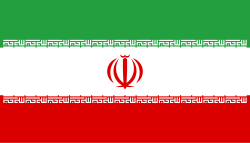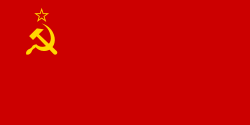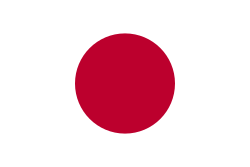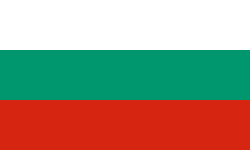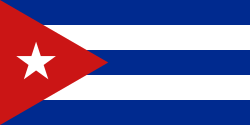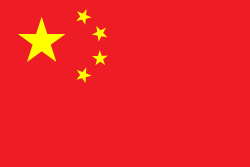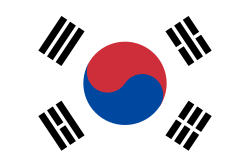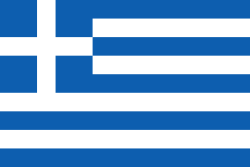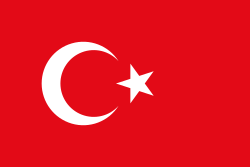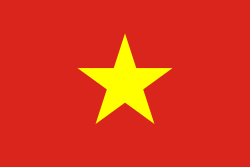Eko Yuli Irawan
| Eko Yuli Irawan | |
|---|---|
 | |
| Osobní informace | |
| Datum narození | 24. července 1989 (33 let) |
| Místo narození | Lampung |
| Občanství | |
| Výška | 154 cm |
| Hmotnost | 62 kg |
| Sportovní informace | |
| Sport | vzpírání |
| Váhová kategorie | do 62 kg |
| Účast na LOH | 2008, 2012, 2016 |
| Některá data mohou pocházet z datové položky. | |
| Přehled medailí | ||
|---|---|---|
| stříbro | LOH 2016 | do 62 kg |
| stříbro | LOH 2020 | do 61 kg |
| bronz | LOH 2008 | do 56 kg |
| bronz | LOH 2012 | do 62 kg |
| Mistrovství světa ve vzpírání | ||
| zlato | MS 2018 | do 61 kg |
| stříbro | MS 2009 | do 62 kg |
| stříbro | MS 2014 | do 62 kg |
| stříbro | MS 2019 | do 61 kg |
| stříbro | MS 2022 | do 61 kg |
| bronz | MS 2007 | do 56 kg |
| bronz | MS 2011 | do 62 kg |
| Asijské hry | ||
| zlato | Asijské hry 2010 | do 62 kg |
| zlato | Asijské hry 2014 | do 62 kg |
| Univerziáda | ||
| zlato | Univerziáda 2011 | do 62 kg |
| Hry jihovýchodní Asie | ||
| zlato | Hry jihovýchodní Asie 2007 | do 56 kg |
| zlato | Hry jihovýchodní Asie 2009 | do 62 kg |
| zlato | Hry jihovýchodní Asie 2011 | do 62 kg |
| zlato | Hry jihovýchodní Asie 2013 | do 62 kg |
Eko Yuli Irawan (* 24. července 1989 Lampung) je indonéský vzpěrač.
Kariéra
Na mistrovství světa juniorů ve vzpírání v roce 2006 získal v kategorii do 56 kg stříbrnou medaili celkovým výkonem 269 kg, na MSJ 2007 ve stejné kategorii vyhrál, když zvedl ve dvojboji 273 kg.
Na mistrovství světa ve vzpírání 2006 skončil do 56 kg na osmém místě, na mistrovství světa ve vzpírání 2007 získal bronzovou medaili výkonem 278 kg.
Kategorii do 56 kg vyhrál na Hrách jihovýchodní Asie 2007 i na indonéské národní soutěži Pekan Olahraga Nasional v roce 2008.
Na mistrovství Asie ve vzpírání 2008 získal stříbrnou medaili ve váze do 62 kg výkonem 305 kg.
Na Letních olympijských hrách 2008 obsadil třetí místo, celkově vzepřel 288 kg.
Na mistrovství světa ve vzpírání 2009 byl druhý (315 kg) a na mistrovství světa ve vzpírání 2011 třetí (310 kg).
Vyhrál letní Univerziádu 2011 výkonem 310 kg.
Bronzovou olympijskou medaili obhájil na LOH 2012 (317 kg). Na olympiádě 2016 byl ve váze do 62 kg druhý.
Reference
V tomto článku byl použit překlad textu z článku Eko Yuli Irawan na anglické Wikipedii.
Externí odkazy
- Eko Yuli Irawan v databázi Olympedia (anglicky)
 Obrázky, zvuky či videa k tématu Eko Yuli Irawan na Wikimedia Commons
Obrázky, zvuky či videa k tématu Eko Yuli Irawan na Wikimedia Commons - Lift Up site
Média použitá na této stránce
bendera Indonesia
Olympic Rings without "rims" (gaps between the rings), As used, eg. in the logos of the 2008 and 2016 Olympics. The colour scheme applied here was specified in 2023 guidelines.
Olympic Rings without "rims" (gaps between the rings), As used, eg. in the logos of the 2008 and 2016 Olympics. The colour scheme applied here was specified in 2023 guidelines.
Flag of Iran. The tricolor flag was introduced in 1906, but after the Islamic Revolution of 1979 the Arabic words 'Allahu akbar' ('God is great'), written in the Kufic script of the Qur'an and repeated 22 times, were added to the red and green strips where they border the white central strip and in the middle is the emblem of Iran (which is a stylized Persian alphabet of the Arabic word Allah ("God")).
The official ISIRI standard (translation at FotW) gives two slightly different methods of construction for the flag: a compass-and-straightedge construction used for File:Flag of Iran (official).svg, and a "simplified" construction sheet with rational numbers used for this file.
Chinese Taipei Olympic Flag. According to the official website of Chinese Taipei Olympic Committee, Blue Sky(circle) & White Sun(triangles) above the Olympic rings is neither the National Emblem of the Republic of China, nor the Party Emblem of Kuomintang (KMT), but a design in between, where the triangles do not extend to the edge of the blue circle, as registered at International Olympic Committee in 1981 and digitally rendered in 2013. Besides, the blue outline of the five-petaled plum blossom is broader than the red one. Moreover, the CMYK code of the blue one and the Blue Sky & White Sun is "C100-M100-Y0-K0", and different from the Olympic rings (C100-M25-Y0-K0). Note that it's the only version recognized by IOC.
Autor: Australian Embassy Jakarta, Licence: CC BY 2.0
Semalam (06/09) Dubes Paul Grigson menepati janjinya mengundang dua peraih medali perak Olimpiade Rio de Janeiro 2016, Eko Yuli Irawan dan Sri Wahyuni untuk makan malam di kediamannya. Kedua atlet angkat besi Indonesia tersebut dan para tamu lainnya menikmati steak daging sapi Australia yang telah disiapkan oleh perusahaan asal Australia, Elders.
Seperti diketahui, tim angkat besi Indonesia untuk Olimpiade Rio bekerja sama dengan Elders dalam hal pasokan daging sapi untuk para atlet angkat besi.


